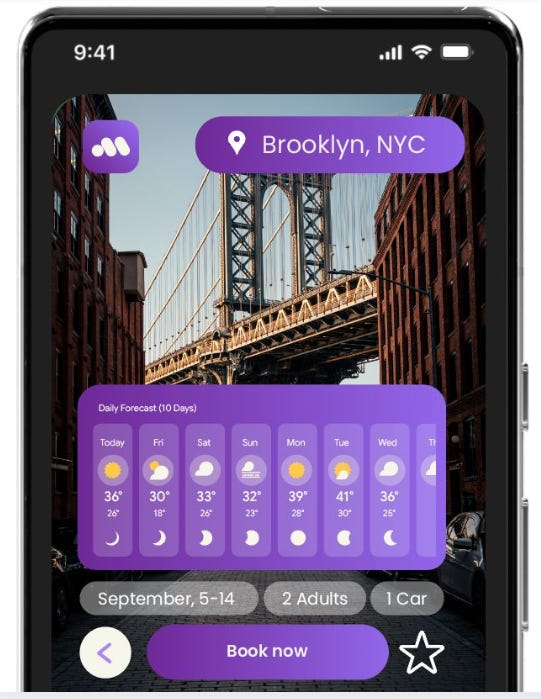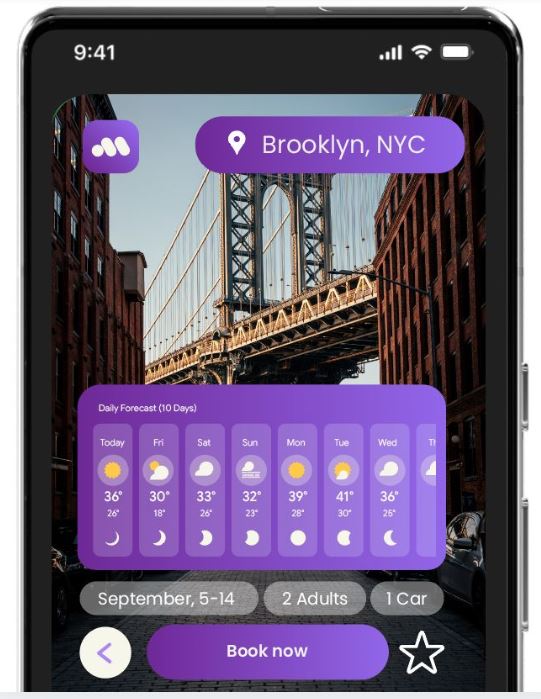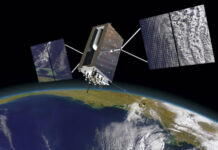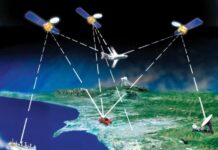Google GOOG -1.84%↓ is bolstering its Maps Platform with new artificial intelligence, data analytics, and environmental capabilities designed to empower developers, businesses, and cities to tackle complex challenges and create more helpful user experiences, the company announced Thursday. Leveraging its vast repository of information encompassing over 250 million places and Street View imagery across more than 110 countries, Google is expanding the platform’s utility beyond basic mapping and navigation, according to its blog.
A key addition is Geospatial Analytics, which integrates Google Maps Platform datasets alongside Earth Engine datasets and capabilities directly into BigQuery. This integration marks the first time such comprehensive geospatial data will be readily accessible to data analysts and decision-makers for informed business and sustainability strategies, the company said. Newly available datasets in BigQuery include Imagery Insights (which is experimental), which uses Vertex AI to analyze Street View imagery for infrastructure condition assessment, and Places Insights (a preview), offering aggregated business intelligence based on ratings, hours, and accessibility.

Enhancing analytical capabilities, Roads Management Insights (in preview) will enable public sector and road authorities to analyze traffic patterns, identify accident-prone areas, and forecast traffic conditions using historical and real-time data. Earth Engine in BigQuery will allow organizations to derive sustainability insights from satellite imagery, such as wildfire risk and deforestation analysis, with new geospatial functions making advanced analysis accessible even without specialized remote sensing expertise, the company said. To provide a wider suite of tools, Google Earth will now offer no-code geospatial analytics, and its datasets will join the Google Maps Platform family, the company said.
Expanding its suite of Environment products launched at Cloud Next 2023, Google is introducing the Google Weather API in preview for developers. Utilizing trusted sources and proprietary algorithms, the API will provide current conditions, forecasts, and historical weather data. This will allow developers to integrate essential weather information into their applications for use cases ranging from trip planning to adapting to extreme weather events.
Google is also integrating its AI capabilities further into the Maps Platform. Building on previous AI advancements like keeping map data fresh and incorporating Gemini into Google Earth, the company announced the experimental release of Grounding with Google Maps in Vertex AI. This new feature will enable businesses to augment Gemini models with trusted and up-to-date information from Google Maps, allowing for more accurate and helpful responses from generative AI agents, the company said.

























